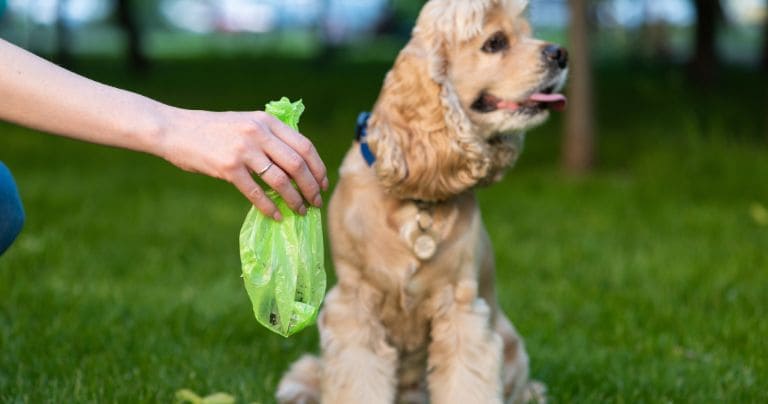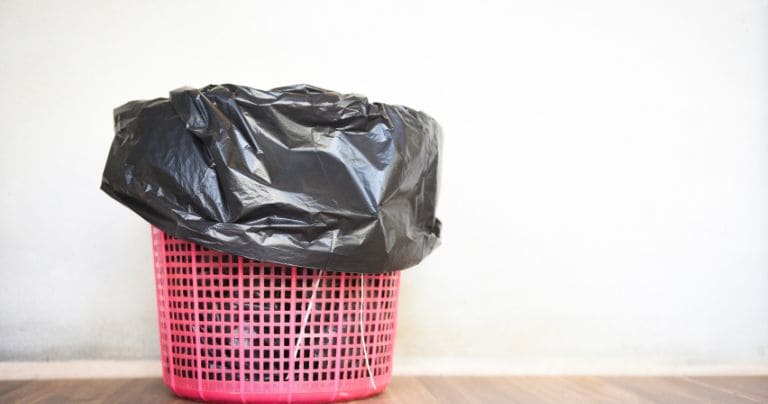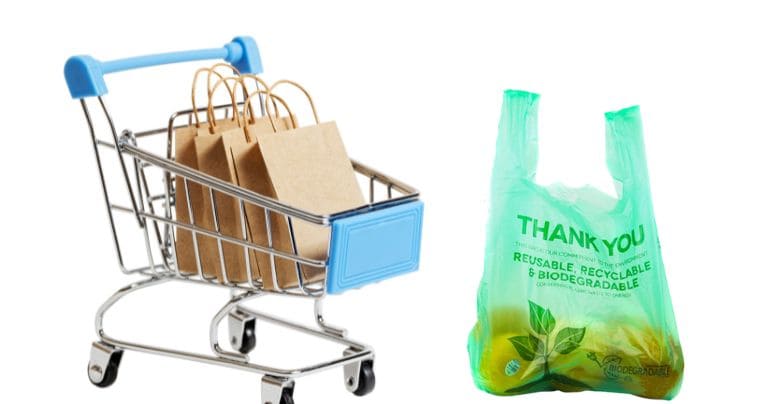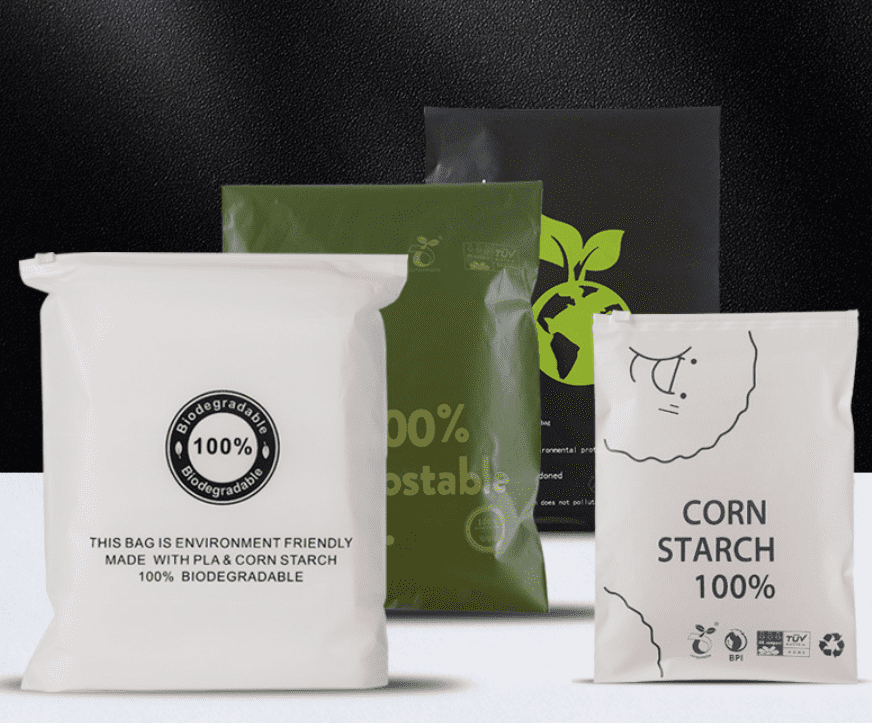Table of Contents
Looking to import compostable bags from China but don’t know where to start? You’ve come to the right place! In this guide, we will walk you through everything you need to know about importing compostable bags from China. Ready to get started? Let’s go!
You need to research potential suppliers, contact suppliers, negotiate terms, compare prices, and know shipping methods, documentation requirements, and customs procedures.
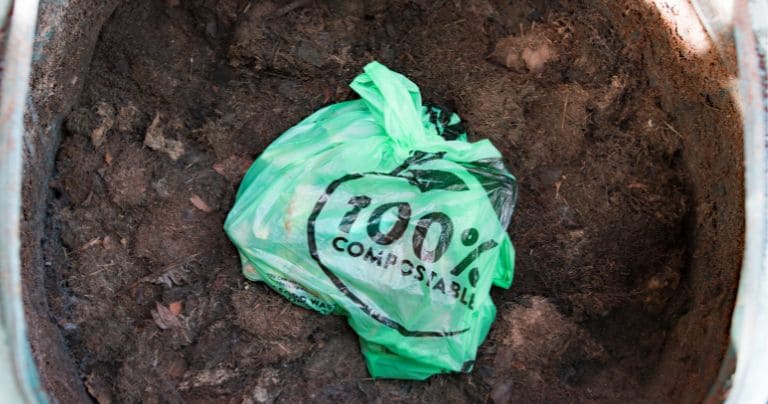
Research Potential Compostable Bag Suppliers
As the market for compostable bags continues to grow, so does the demand for imported compostable bags from China. While there are many suppliers of compostable bags in China, not all bags are made equal. Here are a few tips on how to select a quality bag supplier from China:
Relying on Chinese Search Engines
Finding potential suppliers in China is easy! The internet is filled with resources like Alibaba, Global Sources, and Made-in-China to help you find what you need.
All of these online resources offer detailed information about various suppliers such as product details, pictures, prices, and more. It’s important to read through all of this information carefully before making a decision on which supplier to go with.
Relying on Popular Search Engines
You can also use Google or other search engines to find “compostable bag suppliers in China” or something similar. This will give you a list of results from which you can choose what looks promising.
Make sure to read reviews from customers who have already used these services as well as any other relevant information so that you can make an informed decision when it comes time to choose a supplier.
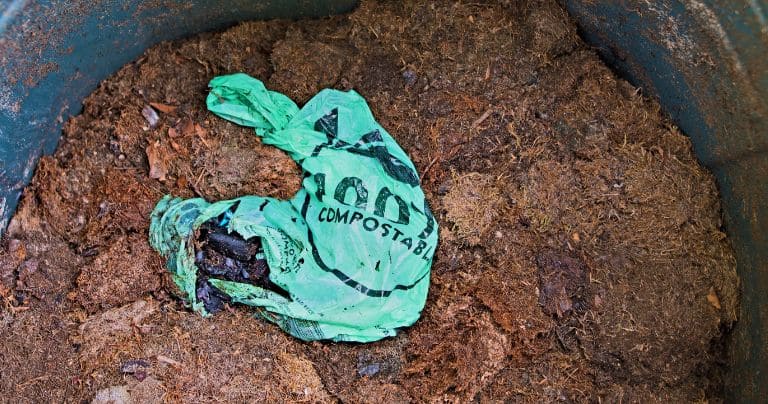
Factors To Consider When Choosing A Supplier
Once you have a list of potential suppliers, certain factors should be taken into consideration before selecting one. First and foremost is quality; make sure the bags they offer are made of strong materials that won’t break easily and are certified compostable. Additionally, research their customer service—are they willing to answer questions promptly? Do they provide timely delivery? These are all important things that should be considered when choosing the right supplier for your needs.
Contact suppliers
If you’re looking for a way to reduce your company’s environmental impact, contact compostable bag suppliers and learn about the eco-friendly and cost-effective options available.
Compostable bags are an excellent alternative to traditional plastic bags, as they can be used for a variety of purposes. With the right supplier, you can ensure that your business is utilizing sustainable and ethical packaging methods.
What Are Compostable Bags?
Compostable bags are made from biodegradable materials such as cornstarch, or vegetable fibers. These materials break down quickly in landfills, which makes them much more eco-friendly than traditional plastic bags. Additionally, compostable bags can be used in place of biodegradable plastic bags for food storage, shopping trips, or other assorted uses.
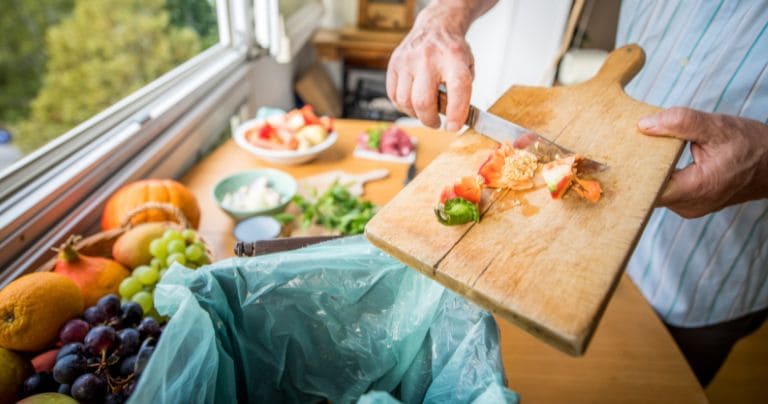
The purpose of contacting suppliers
Once you have identified potential suppliers, contact them to inquire about their products and services. Ask for samples and pricing information so that you can make an informed decision about which supplier is right for your business needs.
It’s also important to research each supplier’s sustainability practices to ensure that they adhere to ethical standards when it comes to sourcing their materials and manufacturing processes. Finally, don’t forget to check out customer reviews—this will help you get an idea of what kind of service each supplier offers its customers.
Get Access to Samples and Pricing Information
One of the primary benefits of contacting potential compostable bag suppliers is that it gives you access to samples and pricing information. This is essential in helping you determine which supplier can provide you with the best quality product at a reasonable cost. Additionally, by having access to samples, you can get a better understanding of what exactly each vendor is offering before making a purchase decision.
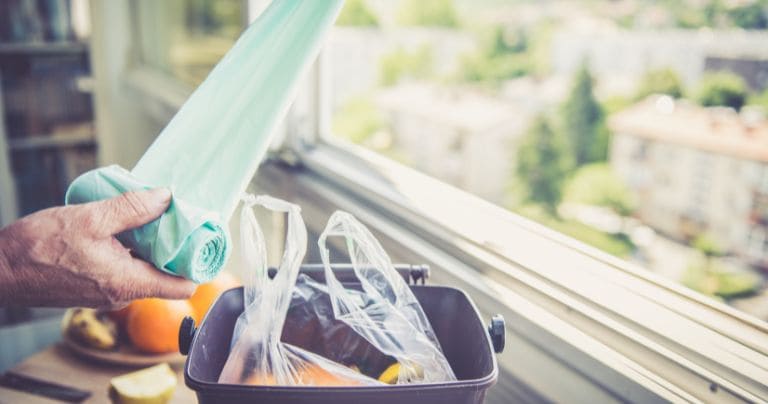
Understand Vendor Capabilities
Another benefit of contacting compostable bag suppliers is that it enables you to gain insight into their capabilities. Through this direct communication, you can learn more about their production capacity, customer service policies, and any other relevant details that will help inform your decision-making process.
Knowing these details will also help ensure that they are capable of meeting your needs in terms of quantity and quality levels.
Gain Insight Into Their Policies
Finally, when reaching out to potential vendors, it’s important to understand their policies regarding shipping times, returns or refunds, and customer service support. Having this information upfront will save time and money down the line if there are issues with delivery or product quality.
Additionally, if there are any special requirements or stipulations on placing orders with them (minimum order quantity required, etc.), being aware of these ahead of time will prevent any surprises from arising later on in the process.
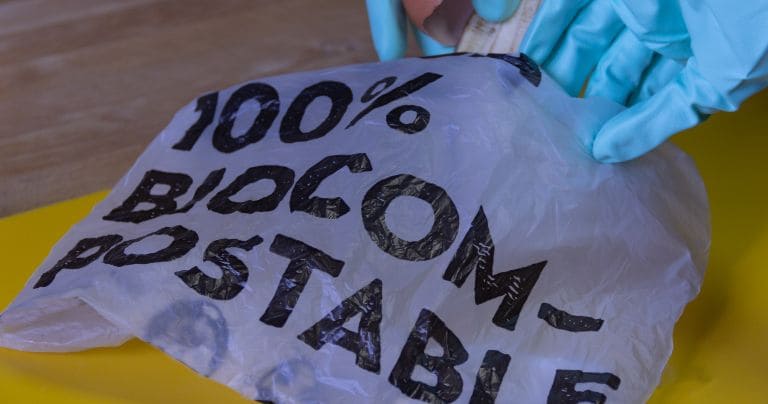
Conclusion
With the right supplier on board, you can ensure that your business is making an effort towards reducing its environmental footprint without sacrificing quality or convenience.
Biodegradable vs Compostable Bags: What You Need to Know Before Ordering
If you’re looking into purchasing biodegradable or compostable bags, you may be feeling a bit overwhelmed. After all, the terms “biodegradable” and “compostable” are thrown around a lot these days, but how exactly do they apply to shop bags? Don’t worry—we’ve got you covered! Let’s explore the differences between biodegradable and compostable bags so that you can make an informed decision when ordering your eco-friendly plastic-free bags.
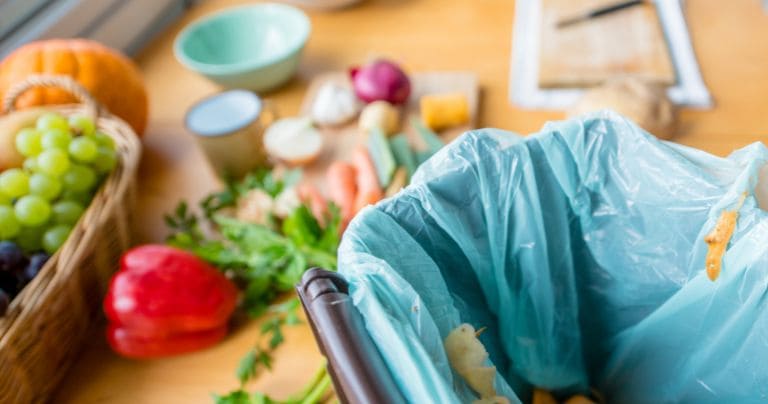
What is Biodegradability?
The term “biodegradable” means something can decompose naturally through the action of bacteria and other organisms over time. Generally speaking, true biodegradability occurs in soil, water, or other natural settings. When it comes to shopping bags, only 100% biodegradable materials break down within a few months under the right conditions.
When buying a bag labeled as “biodegradable”, make sure it is made from completely natural materials such as corn starch. Beware of plastic materials that claim to be biodegradable because oftentimes these products are not capable of breaking down naturally like their non-plastic counterparts.
But you need to know that the general biodegradable bags on the market, in fact, still contains plastic inside, probably containing about 60%. Therefore, you need to confirm before buying.
What is Compostability?
Like biodegradation, composting involves breaking down organic material over time but with the added benefit of producing usable compost at the end of the process. In other words, composting turns waste into valuable nutrient-rich fertilizer for plants and soil. For this reason, many businesses are turning to compostable shopping bags as an alternative to traditional plastic options which can have devastating consequences for our environment if not disposed of properly.
Compostability requires specific conditions to work properly including high temperatures (around 140 degrees Fahrenheit) and consistent air circulation for several weeks or months depending on the material used. As with biodegradables, look for shopping bags made from PBAT, PLA these biodegradable materials and plant-based materials, such as corn starch, since plastics cannot typically be broken down through composting processes as regular organic waste can.
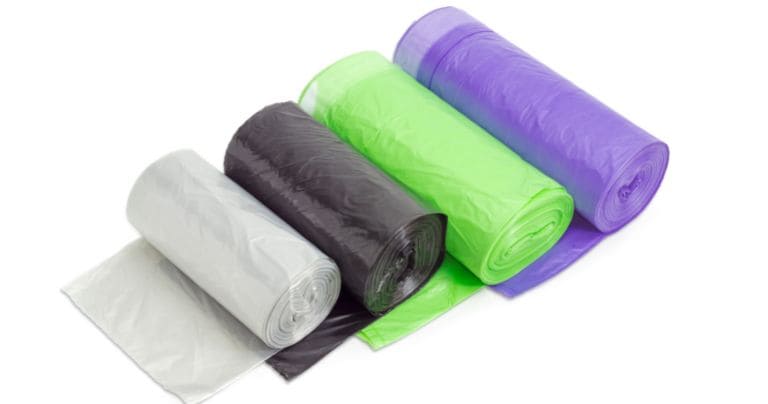
Conclusion
Whether you choose certified biodegradables or certified compostables (or both!), you can feel good knowing that you are doing your part to help reduce plastic pollution and protect our planet for generations to come! As always, make sure that any bag you purchase is certified by an accredited third-party agency before making your final purchasing decisions so that you know exactly what type of product you’re getting and how best to dispose of it once its life has ended. With this knowledge in hand, we wish you luck on your journey toward finding eco-friendly solutions for your business needs!
What You Need to Know About Compostable Bags Certificates
Suppliers are required to provide certificates indicating the compostability of their bags, including OK compost, BPI, GRS, and others. But what do these certifications mean? Let’s take a look at why they’re important and how you can make sure your compostable bags meet all the requirements.
OK Compost Certification
The OK compost certification is an internationally recognized certification for compostable materials such as biodegradable bags. This certification was developed by the European standards organization TÜV AUSTRIA Group in cooperation with other European organizations.
It ensures that the material is biodegradable in home and industrial composting facilities, meaning it breaks down quickly in either environment. The certification also requires that all additives used in the production of the material must be safe both for humans and the environment.
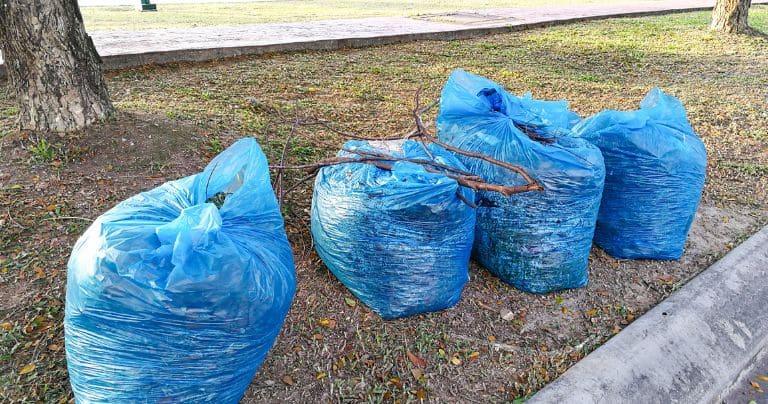
BPI Certification
The Biodegradable Products Institute (BPI) is an American-based certifying body for compostable products like biodegradable shopping bags. The BPI certification tests products to ensure they break down into natural elements within a set amount of time (normally within 90 days). The breakdown process must occur without causing any harm to human health or the environment. Additionally, all components used in manufacturing these products must also comply with BPI’s requirements for biodegradability and safety.
GRS Certification
Global Recycling Standard (GRS) is an international standard for certified recycled content in consumer products. GRS-certified products must be made from at least 50% post-consumer recycled materials or from renewable resources such as plants or animals.
Furthermore, GRS-certified products undergo rigorous testing to ensure they meet chemical safety requirements throughout their life cycle and are free from hazardous substances like heavy metals or polychlorinated biphenyls (PCBs).
Lastly, GRS-certified products must be traceable back to their sources so that consumers can make informed purchasing decisions about their product’s environmental impact.
Conclusion
As you can see, obtaining certifications for your compostable bag products is an important step toward creating sustainable packaging options for your customers. Make sure your suppliers provide certificates indicating the compostability of their bags so you can rest assured that your product meets all requirements while still having a minimal environmental impact! With this knowledge, you can continue providing safe, eco-friendly packaging solutions without compromising on quality or performance!
The Minimum Order Quantity of Biodegradable Bags
If you are looking to purchase biodegradable bags, one of the most important things to consider is the minimum order quantity (MOQ). The MOQ is the lowest amount of products that a manufacturer will accept in order. It’s important to be aware of this amount so that you know how many bags you need to buy and if it fits into your budget.
Understanding MOQ for Biodegradable Bags
The MOQ for biodegradable compostable bags depends on the type of bag and its features. For example, some companies require a higher MOQ if you want to be customized printing or special shapes or sizes. Generally speaking, though, the standard MOQ for most biodegradable bags ranges from 5,000-10,000 pieces per order.
Why Does MOQ Matter?
It’s important to be aware of this number because it can affect your budgeting plans. If you are planning on buying a large number of biodegradable bags, then it is beneficial to purchase them in bulk as it will save you money in the long run. Buying in bulk also helps reduce packaging costs and storage costs since there won’t be any excess packaging material left over after use.
Additionally, buying in bulk can help keep costs down since manufacturers are likely to offer discounts when large orders are placed.
Understand Your Shipping Methods for Biodegradable Bags
As the world’s efforts to reduce plastic pollution and waste increase, more companies are turning to biodegradable compostable bags as eco-friendly packaging solutions. But how do you ensure these bags get from your manufacturer to your destination safely?
That’s where shipping methods come in. Understanding the various shipping methods available for the transport of biodegradable compostable bags is essential for ensuring your goods arrive on time, unscathed, and in good condition. Let’s take a look at three common shipping methods: FOB, CIF, and Door-to-Door (DDU/DDP).
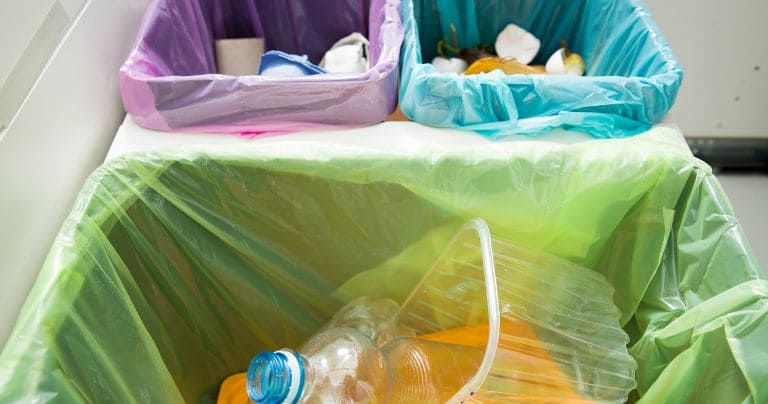
FOB – Free On Board
Free on board (FOB) is one of the oldest terms used in international trade. It means that ownership of goods passes from seller to buyer when they are loaded onto the vessel or vehicle at the point of origin. In this type of agreement, the risk of damage or loss is borne by the buyer as soon as it leaves the seller’s possession. This type of shipment is typically used when transporting biodegradable compostable bags over long distances via sea or air freight.
CIF – Cost Insurance & Freight
Cost insurance & freight (CIF) is a similar concept to FOB with one major difference – under this arrangement, the seller agrees to pay for insurance costs up until delivery at its destination port or place. This means that if any damage occurs during transit, it will be covered by the seller’s insurance policy. This type of shipment is usually best for short-distance shipments where goods can be easily damaged during transit due to rough handling during loading/unloading processes.
DDU/DDP – Door-to-Door Delivery
If you require maximum control over your biodegradable bag shipments and want assurance that they will be delivered intact and on time, door-to-door delivery (DDU/DDP) may be your best option. Under DDU/DDP agreements, all transportation costs including loading fees and import duties are paid by the seller up until delivery at specific addresses provided by the buyer. The responsibility for insuring goods remains with the seller throughout transit but there are no additional risks imposed on buyers once goods have been successfully delivered.
Conclusion
Whether you need to ship biodegradable compostable bags across continents or within a country, understanding each method’s advantages and disadvantages will help you make informed decisions about which type of shipment best suits your needs. From FOB to DDU/DDP, find out which shipping method works best for you when it comes to protecting fragile items like biodegradable compostable bags!

